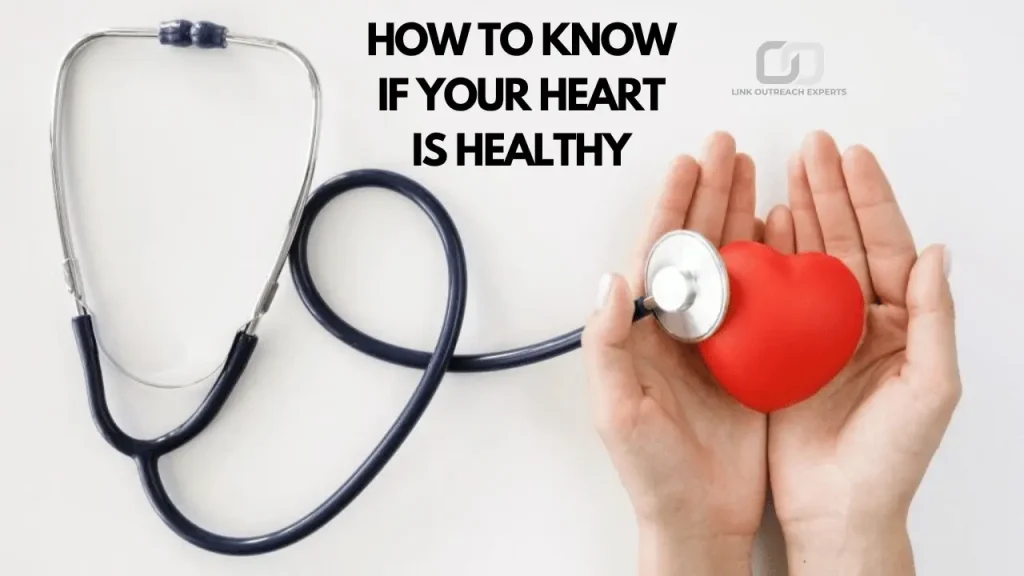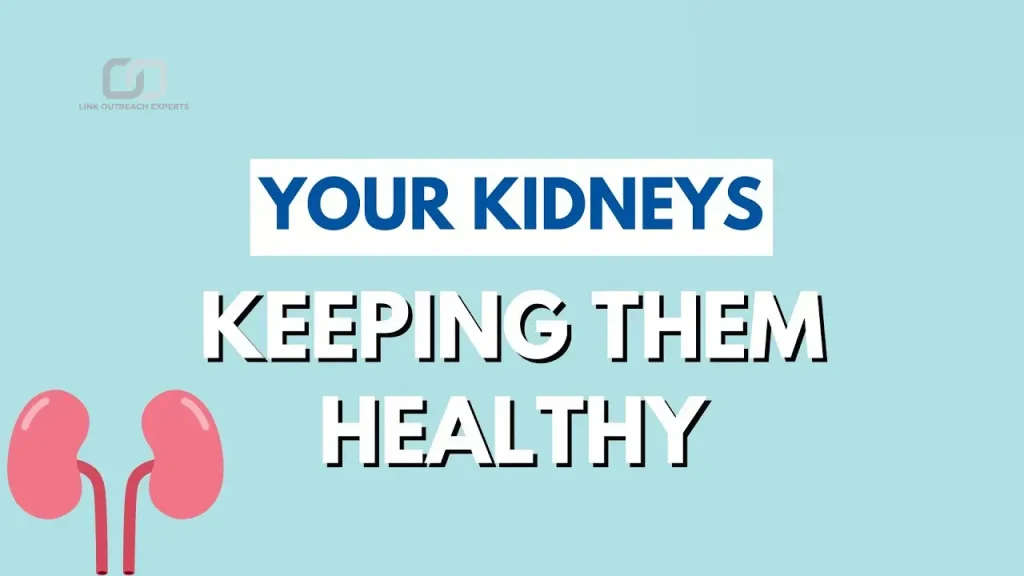Heart health is important because your heart is responsible for pumping blood throughout your body. This blood carries oxygen and nutrients to every part of your body, helping you stay alive and healthy. If your heart isn’t healthy, it can affect many parts of your body. Heart disease can lead to serious conditions like heart attacks, strokes, and even death.
A healthy heart is one that works efficiently without any issues. It should be able to pump blood steadily, keeping your blood pressure at a normal level. Your heart rate should be consistent, not too fast or too slow. Healthy hearts also have good cholesterol levels and no blockages in the arteries.
Table of Contents
Common Signs of a Healthy Heart
Normal Heart Rate
A healthy heart typically maintains a normal heart rate between 60 to 100 beats per minute for adults. This shows that the heart is pumping blood efficiently throughout the body. A heart rate that’s too fast or too slow could indicate potential issues, such as arrhythmias or other heart conditions.
Healthy Blood Pressure
Blood pressure should generally be around 120/80 mmHg. Normal blood pressure helps the heart pump blood without too much strain. High or low blood pressure can put extra pressure on the heart and increase the risk of heart disease, stroke, and other complications.
Balanced Cholesterol Levels
A healthy heart has a balance of good cholesterol (HDL) and low bad cholesterol (LDL). High LDL cholesterol can build up in the arteries, causing blockages. Maintaining low LDL and higher HDL levels reduces the risk of plaque buildup, keeping arteries clear and the heart working well.
Regular Physical Activity and Diet
Physical activity and a balanced diet are key for maintaining heart health. Regular exercise helps improve circulation, lower blood pressure, and manage cholesterol levels. A healthy diet rich in fruits, vegetables, whole grains, and lean proteins supports heart function by reducing fat and sodium intake.
Good Energy Levels and No Discomfort
If you have good energy levels, feel no chest pain, and don’t experience shortness of breath during daily activities, these are strong signs that your heart is healthy. A well-functioning heart ensures you can stay active, breathe easily, and perform your regular tasks without discomfort.
You can also check our guide How to Know if Your Heart Is Healthy at Home.
How to Monitor Heart Health
Regular Check-ups with Your Doctor
Visiting your doctor for regular check-ups is essential to monitor your heart health. During these visits, your doctor will measure your blood pressure, check your cholesterol levels, and assess your overall heart function. These check-ups can help catch potential issues early and ensure your heart is in good condition.
Self-monitoring Techniques
You can also monitor your heart health at home. Regularly check your blood pressure using a home monitor to ensure it’s within a healthy range. Monitoring your heart rate can also help; a consistent heart rate that feels normal is a sign of a healthy heart. You can use apps or fitness trackers to track your heart rate during exercise and rest.
Importance of Tracking Symptoms
It’s important to pay attention to how your body feels. Keep track of any symptoms like chest pain, shortness of breath, dizziness, or irregular heartbeat. Noticing these early can help you take action and consult your doctor before any serious issues develop.
Risk Factors for Heart Disease
Unhealthy Diet and Lifestyle Choices
A poor diet high in saturated fats, processed foods, and sugar can increase your risk of heart disease. Eating too much salt can also raise blood pressure, which puts strain on the heart. A lack of physical activity combined with an unhealthy diet can lead to obesity, high cholesterol, and high blood pressure, all of which are major risk factors.
Smoking and Alcohol Use
Smoking damages blood vessels and decreases the amount of oxygen in the blood, making it harder for the heart to function properly. Alcohol, when consumed in excess, can raise blood pressure and cause irregular heartbeats. Both smoking and excessive drinking significantly increase the risk of developing heart disease.
Genetic and Family History
Your family history plays a role in heart disease risk. If heart disease runs in your family, you may be at higher risk, even if you follow a healthy lifestyle. Genetic factors can affect cholesterol levels, blood pressure, and other heart-related conditions, making it important to monitor your heart health closely.
Tests to Assess Heart Health
Blood Tests for Cholesterol and Blood Sugar
Blood tests are essential for checking cholesterol levels, including HDL (good cholesterol) and LDL (bad cholesterol), as well as triglycerides. High levels of LDL and triglycerides increase the risk of heart disease. Blood tests can also check for high blood sugar, a risk factor for heart disease and diabetes, which can damage the heart over time.
ECG and Stress Tests
An Electrocardiogram (ECG) records the electrical activity of your heart and helps detect irregular heart rhythms or signs of heart damage. A stress test, usually done on a treadmill or stationary bike, measures how your heart performs during physical activity. It helps doctors identify issues with blood flow and overall heart function under stress.
Echocardiogram and Other Imaging Tests
An echocardiogram uses sound waves to create an image of your heart’s structure and function. This test can detect heart valve problems, heart muscle issues, or fluid buildup. Other imaging tests, like CT scans or MRIs, can help detect blockages in the arteries or assess heart disease more accurately, providing detailed views of your heart’s health.
How to Maintain a Healthy Heart
Healthy Eating Habits
Eating a balanced diet is crucial for heart health. Focus on consuming fruits, vegetables, whole grains, and lean proteins. Reducing intake of processed foods, trans fats, and high-sodium items can help keep cholesterol and blood pressure in check. Eating heart-healthy fats, such as those found in olive oil, nuts, and avocados, can support your heart.
Regular Exercise and Physical Activity
Exercise plays a key role in maintaining heart health. Aim for at least 150 minutes of moderate-intensity exercise each week, such as walking, cycling, or swimming. Regular physical activity helps lower blood pressure, improve circulation, reduce stress, and maintain a healthy weight, all of which benefit the heart.
Stress Management and Sleep Improvement
Chronic stress can negatively impact your heart health by increasing blood pressure and encouraging unhealthy habits like overeating. Practicing stress management techniques like meditation, deep breathing, and yoga can help. Additionally, getting enough sleep (7-9 hours a night) is essential for heart health, as poor sleep can lead to high blood pressure and increased inflammation.
Conclusion
Maintaining a healthy heart is crucial for overall well-being. Regular check-ups, monitoring your blood pressure, cholesterol, and heart rate, along with paying attention to symptoms, can help you assess your heart health. Eating a balanced diet, staying active, and managing stress are key steps in preventing heart disease.
If you notice any warning signs like chest pain or shortness of breath, it’s important to seek medical advice. By taking proactive steps and making heart-healthy choices, you can keep your heart in good shape and reduce the risk of heart problems as you age.


